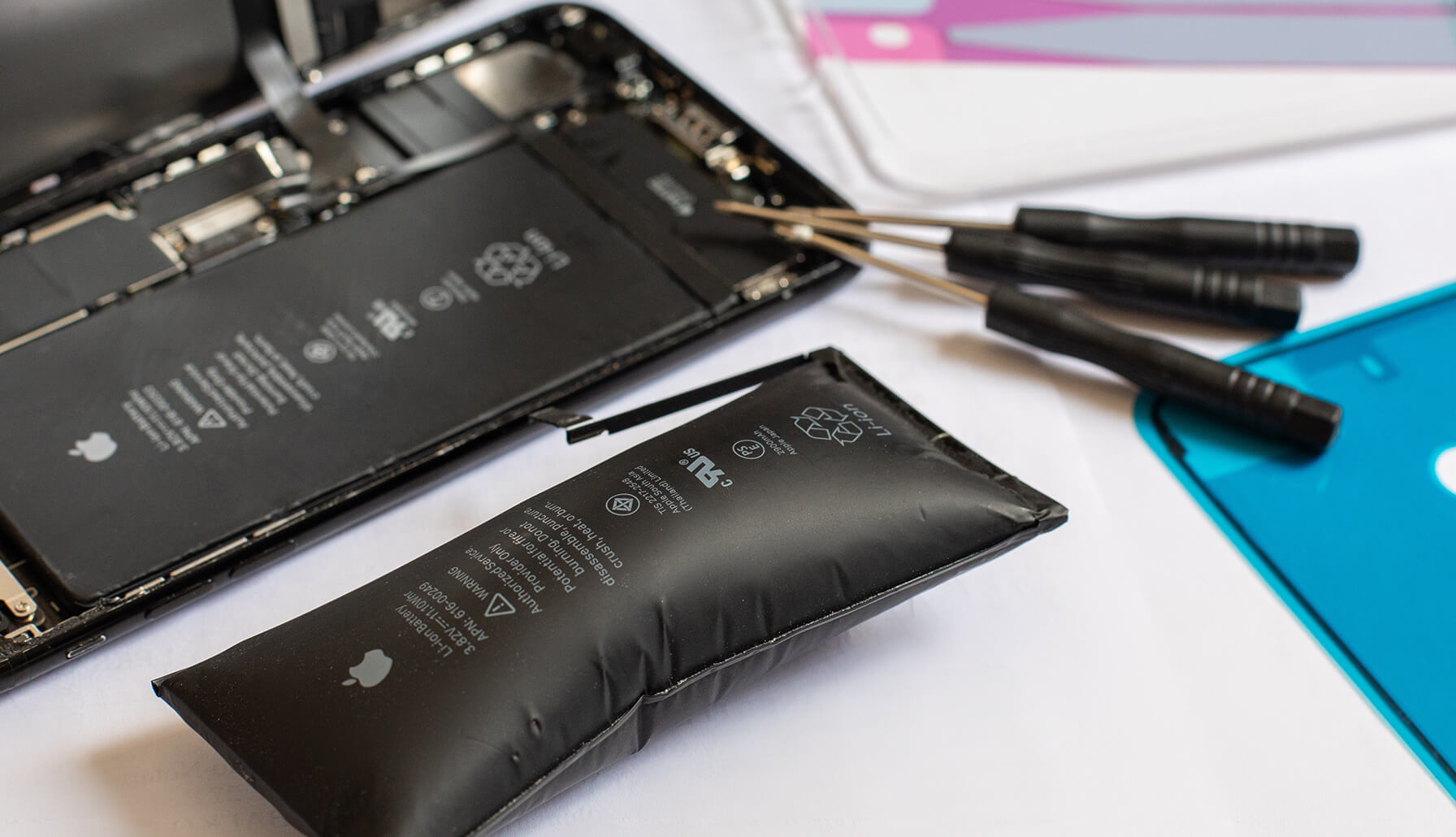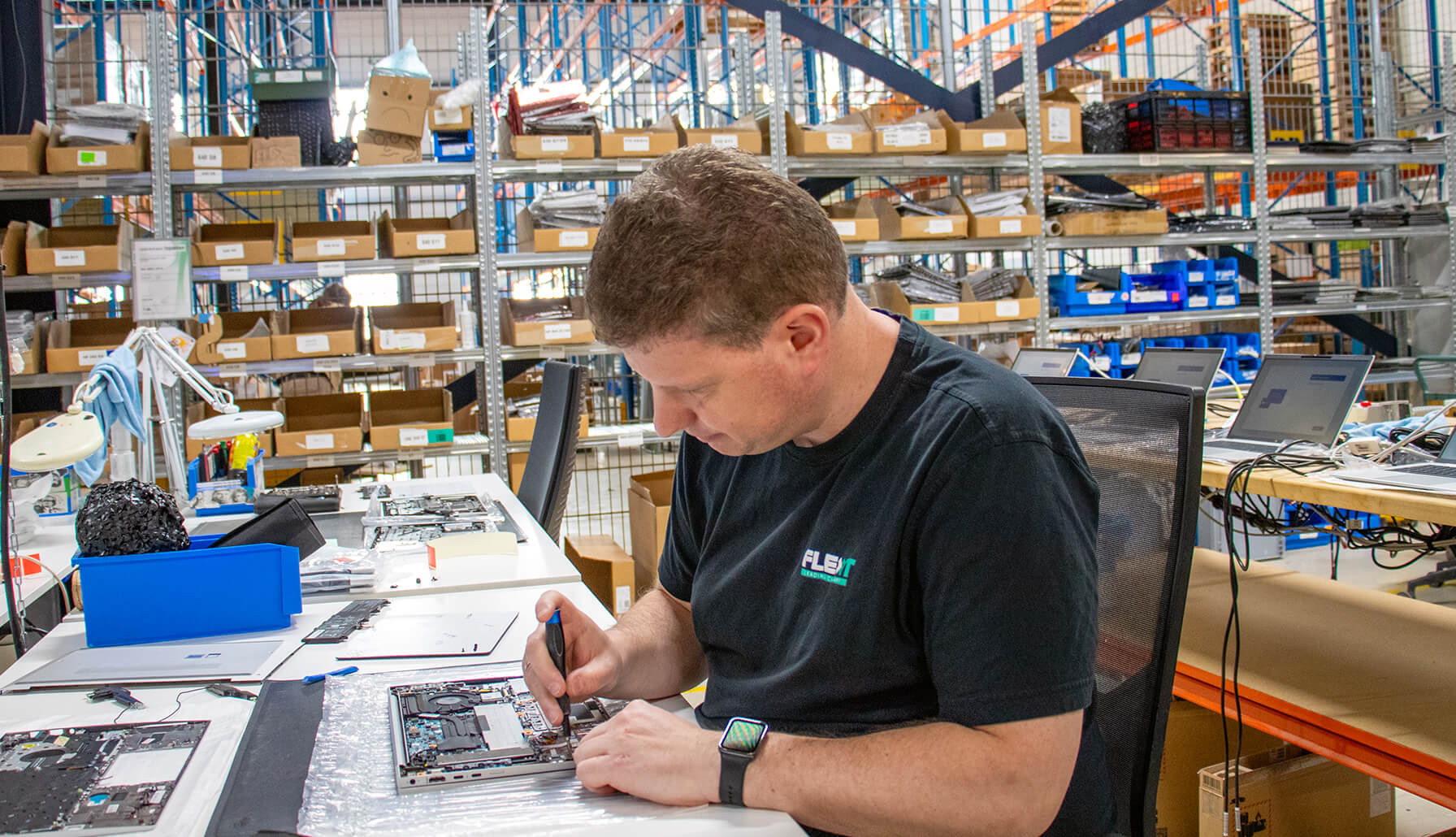European Union officially adopts law requiring replaceable batteries
European Union officially adopts law requiring replaceable batteries
The Council of the European Union has approved a legislative proposal to regulate the entire lifecycle of batteries – from production to reuse and recycling – and ensures they are safe, sustainable and competitive.
The new EU regulation on batteries aims to create a circular economy for the batteries sector by targeting all stages of the lifecycle of batteries: from design to waste treatment. This initiative is of major importance with the demand for batteries expected to grow by more than ten-fold by 2030.
Enabling re-use of critical raw materials
The EU proposal will enable the re-use of critical raw materials instead of relying on third countries for supplies. Additionally, it will also promote the competitiveness of the European industry and ensure new batteries are sustainable and contribute to the green transition. These rules intend to create a circular economy by regulating batteries across their entire lifecycle, ultimately reducing waste not only from batteries but also from old appliances where only the battery is faulty.
The most notable change however, is that all batteries in consumer electronics, such as smartphones, tablets and laptops, should be easily repairable by consumers. For example, batteries may not be glued on devices and consumers must be able to replace them without tools. To better inform consumers, batteries will carry labels and QR codes with information related to their capacity, performance, durability and chemical composition.

The new legislation intends to create a circular economy by regulating batteries across their entire lifecycle
Notable key measures
- Designing portable batteries in appliances in such a way that consumers can themselves easily remove and replace them;
- A due diligence policy for all economic operators, except for SMEs;
- Minimum levels of materials recovered from waste batteries: lithium – 50% by 2027 and 80% by 2031; cobalt, copper, lead and nickel – 90% by 2027 and 95% by 2031. Recently, a break-through in the recycling of lithium batteries used in laptops was achieved;
The law applies to devices sold in the European Union. In practice, that means almost all major electronics manufacturers must adapt their devices to it. Currently, almost all smartphone makers use glue to attach the back of phones. However, there will be a transition period, which will last until the beginning of 2027, when the law will take effect.







